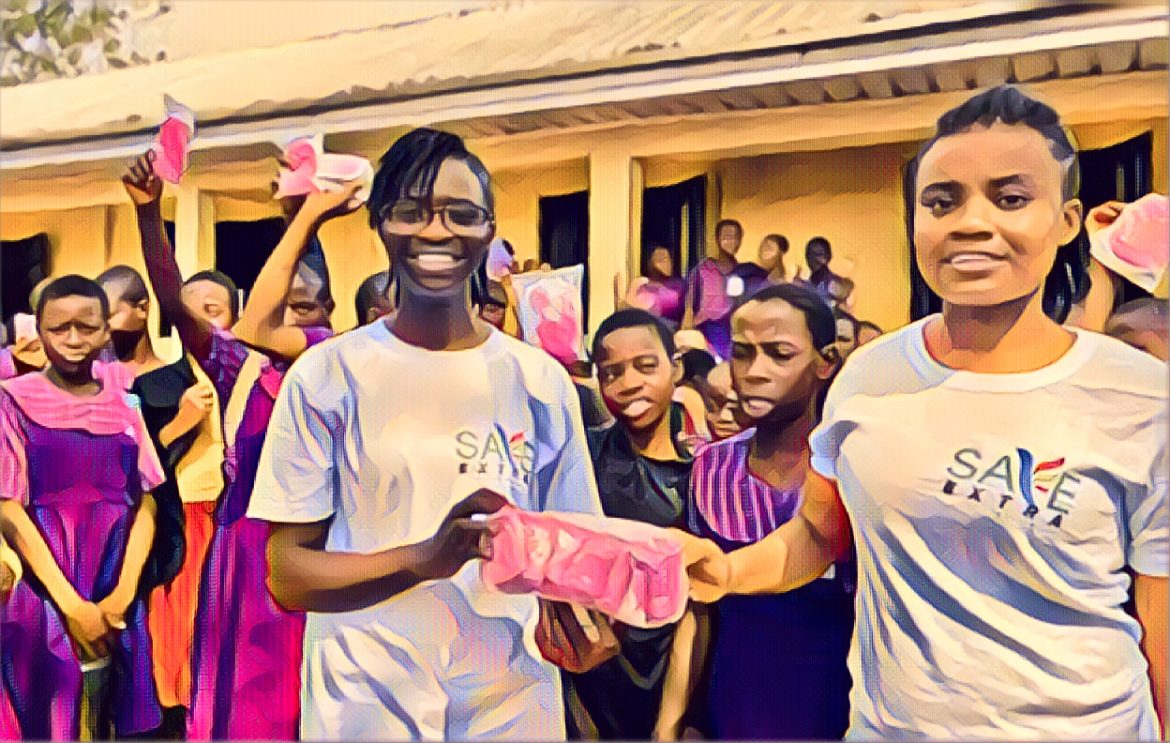KEY POINTS
- Mamkwe uses banana trunk materials to create hygienic pads that she intends to sell at reasonable prices.
- Organizations have noticed the product but Mamkwe continues to encounter difficulties when trying to find financial support.
- The reusable pads function to serve women from disadvantaged economic backgrounds including pupils and inhabitants of remote areas.
The biochemistry graduate Joy Mamkwe from Michael Okpara University of Agriculture Umudike (MOUAU) created a reusable sanitary pad which utilizes banana trunks as its main material.
The locally-produced menstrual pad provides discount-priced and environmentally-considerate sanitary solutions for Nigerian women within low-income brackets.
Mamkwe from Bende Local Government Area in Abia State revealed that her scientific research interest resulted in her discovery of banana trunks as a suitable raw material. Biochemistry is my field and I deeply enjoy performing scientific research according to Mamkwe.
Her study into renewable energy led her to switch to waste material research before she found Southern Nigeria particularly Abia State had abundant banana trunks suitable for sanitary pad production.
Banana trunks as a sustainable resource
As one of the leading banana producers in West Africa Nigeria discards banana trunks as waste material. Mamkwe established through her research that banana trunks operated as a source material to generate pads people could use twice. The banana trunks hold extensive potential for book and textile manufacturing and sanitary pad manufacturing according to her findings.
At the end of her fourth year in 2022 Mamkwe initiated her project. She then started small-scale production when she finished her National Youth Service Corps (NYSC) in 2024. Production hygiene plays a crucial role in her process where banana trunks receive complete sterilization treatment so users can use the end products safely.
Challenges in certification and funding
Mamkwe obtained product certification together with the conditions for registration by approaching the National Agency for Food and Drug Administration and Control (NAFDAC). The necessary financial resources remain her main obstacle since NAFDAC demands she builds a production facility made up of five distinct rooms. Mamkwe requires N1.5 million to secure rental space and acquire further production equipment that would enable her to increase her manufacturing volume.
Reusable sanitary pad , affordable solutions for low-income women
The reusable sanitary pad business caters to students and rural and low-income women who have difficulty affording regular menstrual pads. Mamkwe’s reusable sanitary pad offering provides lower costs compared to the standard costs between N800 to N1,500 for normal sanitary pads. The sustainable sanitary pads which she makes serve as a vital resource to students and rural girls from poor families and peasant farmers according to her.
Support from Abia State and University
The Abia State Commissioner for Small and Medium Enterprises Mike Akpara encouraged Mamkwe to bring her innovation before the Ministry for potential funding support. The university’s Centre for Gender Youth and Child Development endorsed her work through their plan to share her pads between schoolgirls and rural women.
Future plans for the reusable sanitary pad
The future includes working towards a master in Public Health to develop advanced knowledge that will increase Mamkwe’s impact in women’s health.


